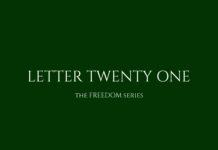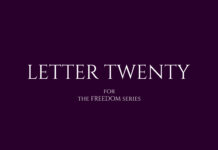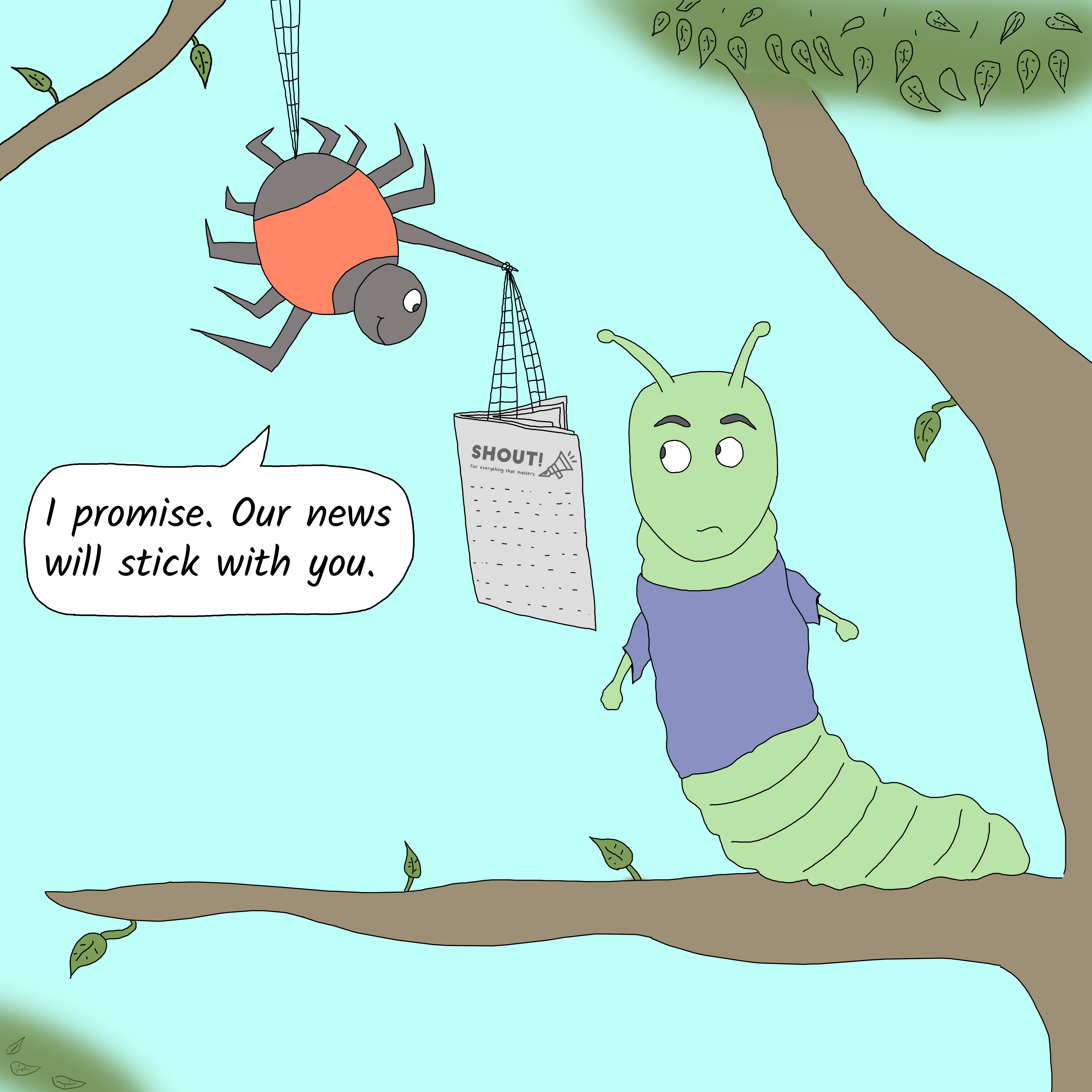Hi X,
You wrote about reading. That might be where we make the start. To make readers out of children. To let their imaginations run wild, to open up new worlds of possibility, to, in Jhumpa Lahiri’s words, help them travel without moving their feet. Let’s make our kids want to go to a library. We’ve all learnt as we’ve grown that they’re hospitals for the mind. I sure feel cured and restored when I’m inside one – the warmth of a world full of stories – true and make-believe – scanning cabinets and cases full of books to settle on one or a pile; then, when you’ve found your friend full of words, to devour them, unperturbed, at ease, in peace, only to realize you’re the one engulfed.
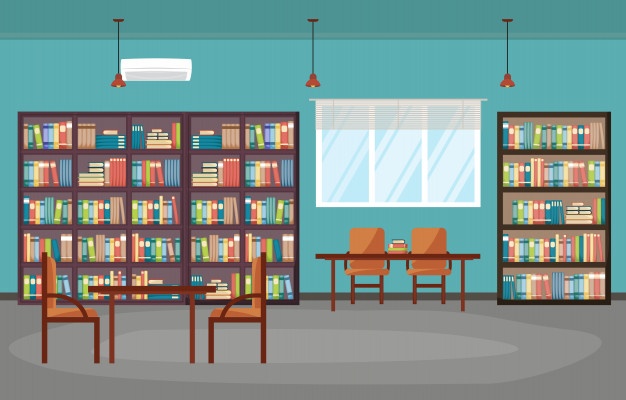
Neil Gaiman wrote,
“WHY OUR FUTURE DEPENDS ON LIBRARIES, READING AND DAYDREAMING.”
“I suggest that reading fiction, that reading for pleasure, is one of the most important things one can do. I’m making a plea for people to understand what libraries and librarians are, and to preserve both of these things.
It is obviously in my interest for people to read, for them to read fiction, for libraries and librarians to exist and help foster a love of reading and places in which reading can occur. So, I’m biased as a writer. But I am much, much more biased as a reader.
Everything changes when we read.
People who cannot understand each other cannot exchange ideas, cannot communicate.
The simplest way to make sure that we raise literate children is to teach them to read, and to show them that reading is a pleasurable activity.
I don’t think there is such a thing as a bad book for children. It’s tosh. It’s snobbery and it’s foolishness. We need our children to get onto the reading ladder: anything that they enjoy reading will move them up, rung by rung, into literacy.
You’re finding out something as you read that will be vitally important for making your way in the world. And it’s this:
THE WORLD DOESN’T HAVE TO BE LIKE THIS.
Things can be different.
Fiction builds empathy. Fiction is something you build up from twenty-six letters and a handful of punctuation marks, and you, and you alone, using your imagination create a world, and people it and look out through other eyes. You’re being someone else, and when you return to your own world, you’re going to be slightly changed.
I was lucky. I had an excellent local library growing up, and met the kind of librarians who did not mind a small, unaccompanied boy heading back into the children’s library every morning and working his way through the card catalogue, looking for books with ghosts or magic or rockets in them, looking for vampires or detectives or witches or wonders.
They were good librarians. They liked books and they liked the books being read. They had no snobbery about anything I read. They just seemed to like that there was this wide-eyed little boy who loved to read, and they would talk to me about the books I was reading. They would find me other books. They would help. They treated me with respect. I was not used to being treated with respect as an eight-year-old.
Libraries are about freedom. Freedom to read, freedom of ideas, freedom of communication. They are about education, about entertainment, about making safe spaces and about access to information.
I do not believe that all books will or should migrate onto screens:
As Douglas Adams once pointed out to me, over twenty years before digital books showed up, a physical book is like a shark.
Sharks are old: there were sharks in the ocean before the dinosaurs. And the reason there are still sharks around is that sharks are better at being sharks than anything else is.
Physical books are tough, hard to destroy, bath resistant, solar operated, feel good in your hand: they are good at being books, and there will always be a place for them.
A library is a place of safety, a haven from the world. It’s a place with librarians in it.
We need to teach our children to read. And to enjoy reading. We need libraries. We need books. We need literate citizens.
Books are the way that the dead communicate with us. The way that we learn lessons from those who are no longer with us, the way that humanity has built on itself, progressed, made knowledge incremental rather than something that has to be relearned, over and over.
We have an obligation to read for pleasure. If others see us reading, we show that reading is a good thing. We have an obligation to support libraries, to protest the closure of libraries. If you do not value libraries, you are silencing the voices of the past and you are damaging the future. In Ray Bradbury’s words, ‘Without libraries, we have no future and no past.’
Fiction is the lie that tells the truth. We all have an obligation to daydream. We have an obligation to imagine. It is easy to pretend that nobody can change anything, that society is huge and the individual is less than nothing. But the truth is individuals make the future, and they do it by imagining that things can be different.
Albert Einstein was once asked how we could make our children intelligent. ‘If you want your children to be intelligent’, he said, ‘read them fairytales. If you want them to be more intelligent, read them more fairytales.’
I hope we can give our children a world in which they will read, and be read to, and imagine, and understand.”
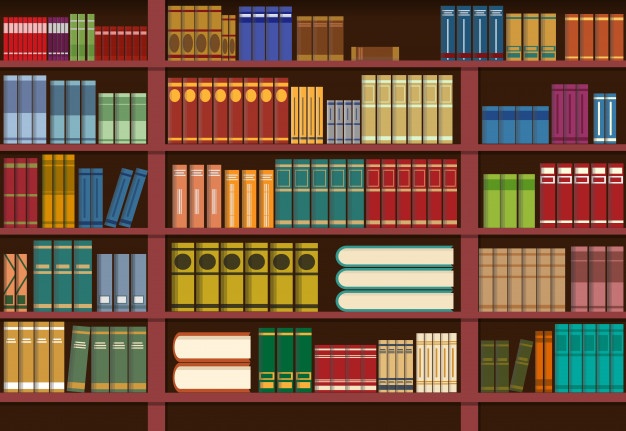
And that X, is education – an endless odyssey into knowing more from what anyone has left behind and what you make of it.
Not many people have succeeded at describing those magical things that immortalize thoughts and people quite like Rebecca Solnit has.
“Nearly every book” she writes, “has the same architecture — cover, spine, pages — but you open them onto worlds and gifts far beyond what paper and ink are, and on the inside they are every shape and power. Some books are toolkits you take up to fix things, from the most practical to the most mysterious, from your house to your heart, or to make things, from cakes to ships. Some books are wings. Some are horses that run away with you. Some are parties to which you are invited, full of friends who are there even when you have no friends. In some books you meet one remarkable person; in others a whole group or even a culture. Some books are medicine, bitter but clarifying. Some books are puzzles, mazes, tangles, jungles. Some long books are journeys, and at the end you are not the same person you were at the beginning. Some are handheld lights you can shine on almost anything.
The books of my childhood were bricks, not for throwing but for building. I piled the books around me for protection and withdrew inside their battlements, building a tower in which I escaped my unhappy circumstances. There I lived for many years, in love with books, taking refuge in books, learning from books a strange data-rich out-of-date version of what it means to be human. Books gave me refuge. Or I built refuge out of them, out of these books that were both bricks and magical spells, protective spells I spun around myself. They can be doorways and ships and fortresses for anyone who loves them.
And I grew up to write books, as I’d hoped, so I know that each of them is a gift a writer made for strangers, a gift I’ve given a few times and received so many times, every day since I was six.”
Do you know what’s stuck with me from Solnit’s fingerprint, X?
The part where she writes,
‘Books are wings.’
Education is about building them. With them. With a love for them.
Books are also sanctuaries for the collective memories, hopes, dreams, disappointments, doubts, fears, victories, defeats, experiences and moods of people and minds and souls not very different from our own. Someone somewhere felt what you did. Someone wrote what you feel. Someone thought you should know something. That you are not alone. That we’re all in this together. That they want to help. That we should strive to be better. And now you know. And you know more. You know better.
You live and you learn X. With books, only more.
Yours,
True to my name, not always by the ‘book’ (most often, from the heart), for the ‘book’ nevertheless,
Prof. Gyaan.
DISCLAIMER: The content on this website is merely an opinion and not intended to malign any religion, ethnic group, organisation, company or individual. Nothing contained herein shall to any extent substitute for the independent investigations and sound judgment of the reader. While we have made every attempt to ensure the accuracy and completeness of the content contained herein, no warranty or guarantee, express or implied, is given with respect to the same. The SHOUT! Network is neither liable nor responsible to any person or entity for any errors or omissions, or for any offense caused from such content.
In addition to the above, thoughts and opinions change from time to time… we consider this a necessary consequence of having an open mind. This website is intended to provide a semi-permanent point in time snapshot and manifestation of the various topics running around our brains, and as such any thoughts and opinions expressed within out-of-date posts may not be the same, or even similar, to those we may hold today.
Feel free to challenge us, disagree with us, or tell us we’re completely nuts in the comments section of each piece. The SHOUT! Network reserves the right to delete any comment for any reason whatsoever (abusive, profane, rude, or anonymous comments) – but do SHOUT! with us, if you will.

